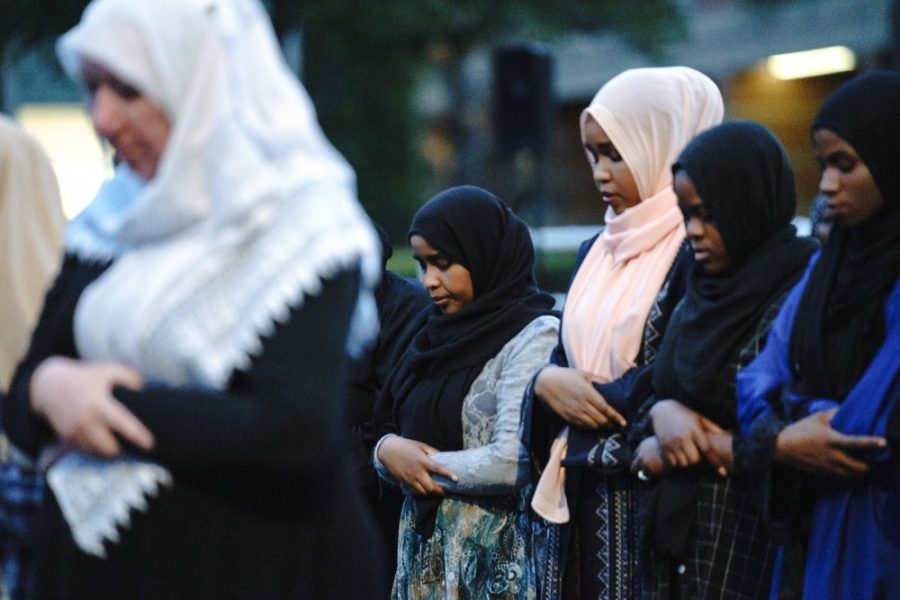
Eighty-five percent of all consumer purchases in the U.S. are made by women. Globally, women control $20 trillion in annual consumer spending.
According to Forbes, “In the next five years, it is expected that this number will rise to $28 trillion. How much is that? It is more than the markets of China and India combined — the largest growth markets in the world.”
Women have enormous spending power. They control the majority of major economic decisions made by households; they are major drivers and stakeholders in the U.S. economy. And yet, of all the bills exchanged by the hands of American women, not one is ornamented with a woman’s face.
Since U.S. paper money was standardized in 1929, the portraits on the bills have not changed. Of the 38 million paper bills printed daily, each and every one is adorned with the face of a man.
A nation’s money makes a loud statement about how it seeks to represent itself. A perfect example of this is Canada’s new plastic banknote, which, in the spirit of Canada’s national icon, is decorated with maple leaves and even smells of maple syrup. America’s homogenous collection of bills also says a lot about our country, but not in a way that represents a diverse America.
“Our paper currency is an important part of our everyday lives and reflects our values, traditions and history as Americans,” said Sen. Jeanne Shaheen of New Hampshire in a press release. “It’s long overdue for that reflection to include the contributions of women.”
Last week, Shaheen introduced a bill to the Senate to put a woman on the $20 paper note. Shaheen’s legislation is the product of a broader grassroots campaign called “Women On 20s,” which calls for supporters to vote for the woman they would most like to see replace Andrew Jackson as the face of the $20 bill.
Jackson’s place on the bill has long been scrutinized. Jackson is perhaps best known for his vehement opposition to centralized banking and his fervent support for the gold standard. It is ironic that Jackson, who completely disapproved of the coinage of paper money, is now the face of the $20 bill.
Irony aside, Jackson’s place on paper money is downright offensive. Andrew Jackson is also infamous for his authorization of the Indian Removal Act of 1830 — better known as the Trail of Tears — which enforced the expulsion of Native Americans from their tribal lands and resulted in the deaths of thousands of people.
When hundreds of remarkable women could better represent America, there is no reason Jackson should remain on our money. The 480,000 voters who have already supported the Women On 20s campaign by voting for their ideal female candidate agree.
As of now, hundreds of candidate recommendations for the Women On 20s campaign have been narrowed down to the most popular four: Eleanor Roosevelt, Rosa Parks, Harriet Tubman and Wilma Mankiller. Each of these extraordinary ladies offers a narrative of our history that better represents the American spirit and is more deserving than Jackson of immortalization on our money.
The best way for people to show their support for commemorating a more positive narrative of U.S. history is to cast a vote for a Women On 20s candidate.
Krista Millay, program director of the UA Women’s Resource Center, said “[her] vote would be for Wilma Mankiller, because her life offers a counternarrative to the dominant version of U.S. history that the Andrew Jackson image currently represents.”
Mankiller, the first elected female chief of the Cherokee tribe, is an underdog in the running right now, but perhaps best contrasts the problematic (read: genocidal) legacy of Jackson that we wish to combat.
No matter the outcome of the voting, any selected candidate would be vastly preferable to Jackson. A woman’s presence is integral to diversifying the symbols on paper money. When nearly 51 percent — the majority — of the U.S. population are women, it is long overdue that women be recognized on our national currency.
2020, just five years away, is the centennial anniversary of women’s suffrage. What better way is there to commemorate one of the most important triumphs for American women than to add a deserving woman’s face to our currency?
After nearly 100 years, we finally understand where a woman’s place is: on our money.
_______________
Hailey Dickson is a freshman studying public health and molecular & cellular biology. Follow her on Twitter.








